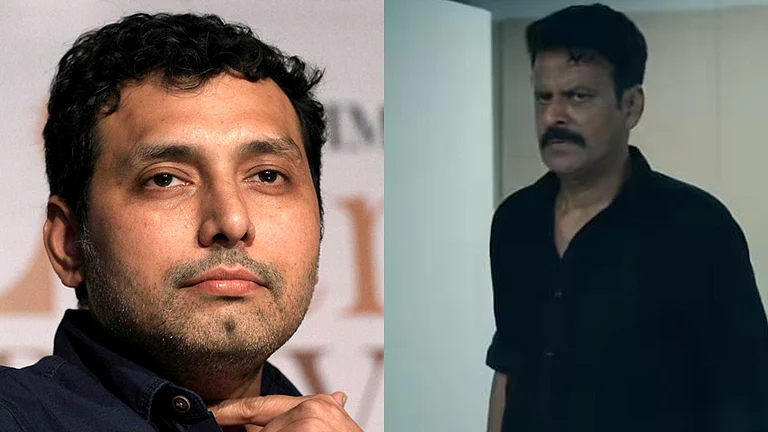The families of British Indian teenager Grace O’Malley Kumar and her friend Barnaby Webber, who were stabbed to death near their university in Nottingham last year, have accused the police of “ongoing mismanagement” in their handling of the case.
The Kumar and Webber families issued a joint statement, reported in the ‘Shropshire Star’, to say they won’t be silenced to ensure urgent changes are made at Nottinghamshire Police. An investigation found 11 members of the force’s staff viewed material relating to the case who did not have a legitimate reason to do so. Three faced disciplinary action but eight did not, instead being handed “performance interventions”.
“We will not be silenced. This behaviour must be addressed and urgent changes made as this must not happen again to other innocent families,” read a statement on behalf of the victims’ families sent to the PA news agency by Emma Webber, the mother of Barnaby.
The “lengthy and detailed statement” was sent because it was of the “utmost importance that our serious concerns and ongoing mismanagement by the Nottingham Police are brought to light”, the families said. They also criticised the force for holding an off-the-record press briefing last week, where journalists were told they could not report the information discussed.
“We cannot find any fair or reasonable rationale as to why the police force has endeavored to shackle the media from reporting on their conduct or investigations,” the statement reads.
It comes a week after the UK government approached the Court of Appeal over the “unduly lenient” sentence imposed on a 32-year-old man guilty of the killings in June 2023. Valdo Calocane was sentenced to a mental health order to be detained in a high-security hospital following a hearing at Nottingham Crown Court over the stabbing spree in the central England city in June 2023.
Kumar, 19, was a medical student who was returning to her university with Webber, also 19, when accosted by Calocane, who then went on to murder Ian Coates nearby.
“Valdo Calocane’s crimes were horrific and have shocked a nation. He brutally killed three innocent people, and violently attacked three other victims. Their experiences will stay in our minds for a long time to come,” UK Attorney General Victoria Prentis said in a statement.
“This was a case that evoked strong feelings amongst so many people and it was no surprise that I received so many referrals under the Unduly Lenient Sentence scheme to consider the Hospital Order handed to Calocane. My duty as a Law Officer in considering whether sentences may be unduly lenient is to act independently of government, even when it is not easy or popular,” she said.
“Having received detailed legal advice and considered the issues raised very carefully, I have concluded that the sentence imposed against Calocane, for the offences of manslaughter by reason of diminished responsibility and attempted murder, was unduly lenient and will be referred to the Court of Appeal,” Prentis said.
Calocane was sentenced on January 25 to a Hospital Order with a Restriction Order under Sections 37 and 41 of the UK Mental Health Act 1983. The Attorney General’s office said the case received numerous Unduly Lenient Sentence referrals from the public on the day of sentencing itself which led to the government’s Law Officers reviewing the sentence that Calocane was convicted on, which was manslaughter by diminished responsibility and attempted murder offences.
The case has now been lodged with the Court of Appeal.


























